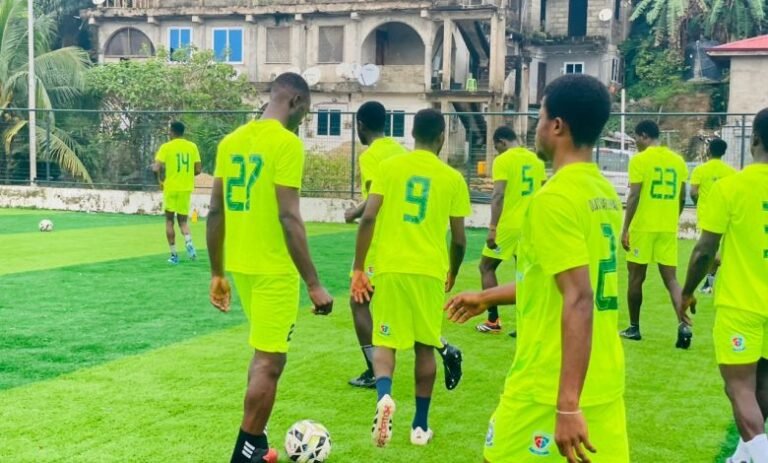
Godfred Dame, Attorney-General and Minister of Justice

The Permanent Court of Arbitration has dismissed an investor-state arbitration instituted against the Government of Ghana.
The case was instituted by a Chinese-based construction company, Beijing Everyway Traffic & Lighting Tech. Co. Ltd.
The arbitration was dismissed after the court had upheld a preliminary objection by the Attorney-General, Godfred Yeboah Dame, acting as counsel for the country.
The construction company dragged Ghana to the court for cancelling a contract it had awarded to develop an intelligent traffic management system for the country.
In 2020, the contract for the project was terminated with Beijing Everyway and re-awarded to Huawei under the supervision of the National Security Ministry.
Beijing Everyway invoked the jurisdiction of the tribunal under a Treaty between the government of the People’s Republic of China and the government of the Republic of Ghana concerning the Encouragement and Reciprocal Protection of Investments concluded on October 12, 1989, seeking the award of damages amounting to “not lower than US$55 million”.
The notice of arbitration was served on the Ghana government under the China-Ghana bilateral investment treaty on Wednesday, February 10, 2021.
The members of the Arbitral Tribunal who delivered the final award are Professor Stavros Brekoulakis (presiding arbitrator), Mr. V.K. Rajah SC and Professor Richard Oppong.
Other counsel listed as part of Ghana’s team include Ms. Diana Asonaba-Dapaah (Deputy Attorney-General); Mrs. Helen Akpene Awo Ziwu (Solicitor-General); Dr. Sylvia Adusu; Mrs. Grace Mbrokoh Ewoal and Ms. Yvonne Bannerman, all state attorneys.
AG’s submission
Arguing the objection to the jurisdiction of the tribunal at a virtual hearing, the Attorney-General submitted that the provision of Article 10 (1) of the China- Ghana Agreement limits the Tribunal’s jurisdiction to only the determination of the quantum or amount of expropriation, and not the determination of the primary issue of whether there had been expropriation at all.
The AG said the Tribunal, thus, had no jurisdiction to determine whether Ghana expropriated the claimant’s investment in the AITMS Project pursuant to Article 4 of the Treaty or breached its contractual obligations with the claimant under the EPIC contract, pursuant to the Umbrella Clause obligations applicable in this arbitration through Article 3(2) of the Treaty.
He further argued that relying on Articles 4(1), 4(3) and 10(5) of the Treaty, it is Ghanaian courts that have jurisdiction over the question of the lawfulness of an alleged expropriation, not an arbitral tribunal. An investor bringing a claim for expropriation under the Treaty, must therefore do so “under domestic legal procedure” and under Ghanaian law.
Mr. Dame submitted to the tribunal that the object and purpose of the Treaty were not only to protect foreign investments but also to encourage foreign investment and foster economic cooperation between the two contracting states.
Accordingly, he stressed that it required a balanced approach to the interpretation of the Treaty’s substantive provisions, given that a focus only on the protection of foreign investments may dissuade host states from admitting foreign investments and, thus, undermine the overall aim of intensifying the contracting states’ mutual economic relations.
Mr. Dame referred to about 20 Bilateral Investment Treaties (BIT) concluded by China prior to the China-Ghana Agreement, and pointed out that none of them provided that an investor can submit any dispute, regardless of its nature, to arbitration.
Rather, he explained, these BITs provided that investors may only refer the amount of compensation to arbitration, while the question of existence and unlawfulness of expropriation is reserved for amicable settlement, or domestic courts of the respective contracting states.
“The same was the case for other BITs entered into by Ghana with other states. Accordingly, it was evident that neither China nor Ghana recognised the right of an investor to submit the question of the existence and lawfulness of expropriation to international arbitration prior to 1989,” the AG further argued.
Tribunal’s decision
The Tribunal, upon an application of relevant principles of international investment law, came to the final decision that it did not have jurisdiction to decide the claimant’s claims for expropriation under Article 10(1) of the Treaty.
The Tribunal further considered that there was nothing in the China-Ghana Treaty to suggest that an investor would be precluded from referring the question of quantum to arbitration under Article 10(1) of the Treaty, once it had referred the question of lawfulness of expropriation to determination by a nation’s domestic court.
It held that the examination of the provision of Article 10 (1) within the context of the China-Ghana Agreement suggested that the phrase “concerning the amount of compensation for expropriation” cannot be interpreted as vesting an arbitral tribunal with jurisdiction to decide the question of whether the expropriation is lawful or unlawful.






